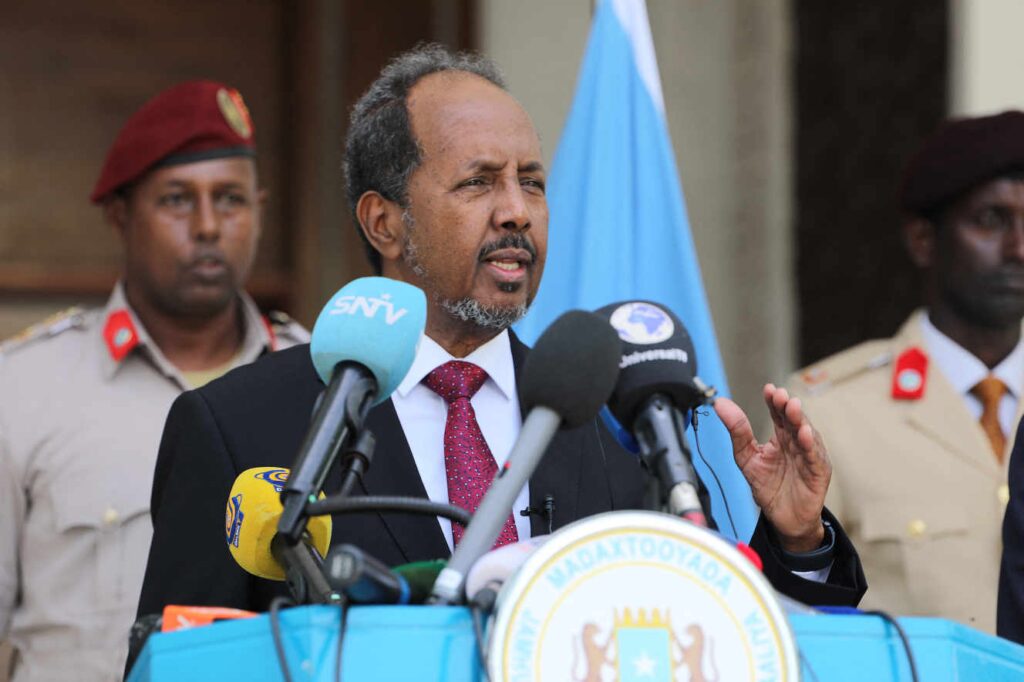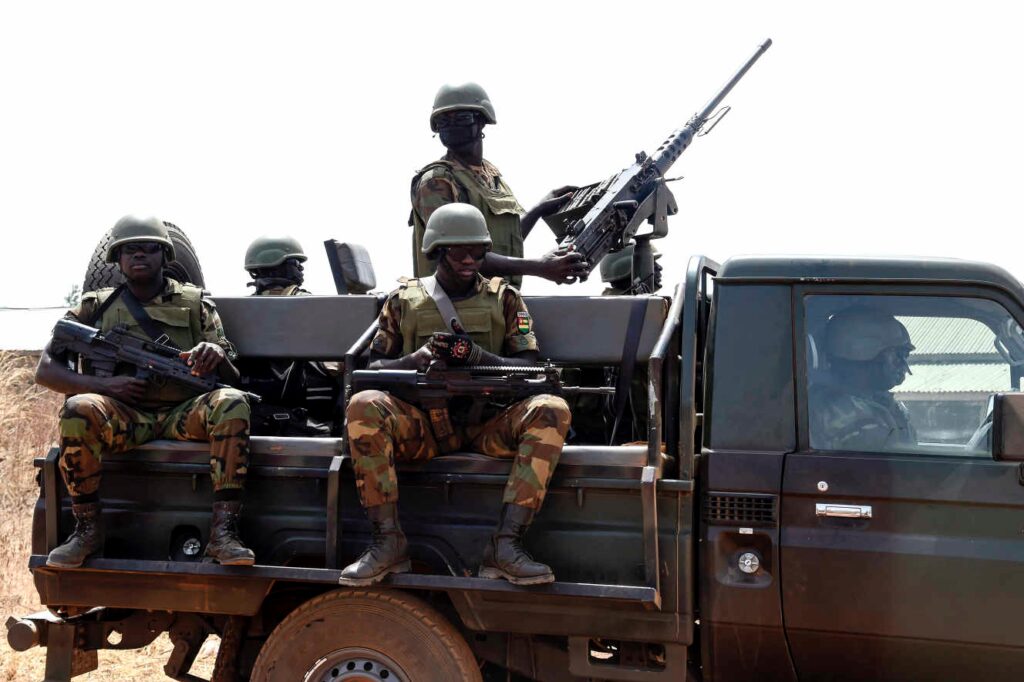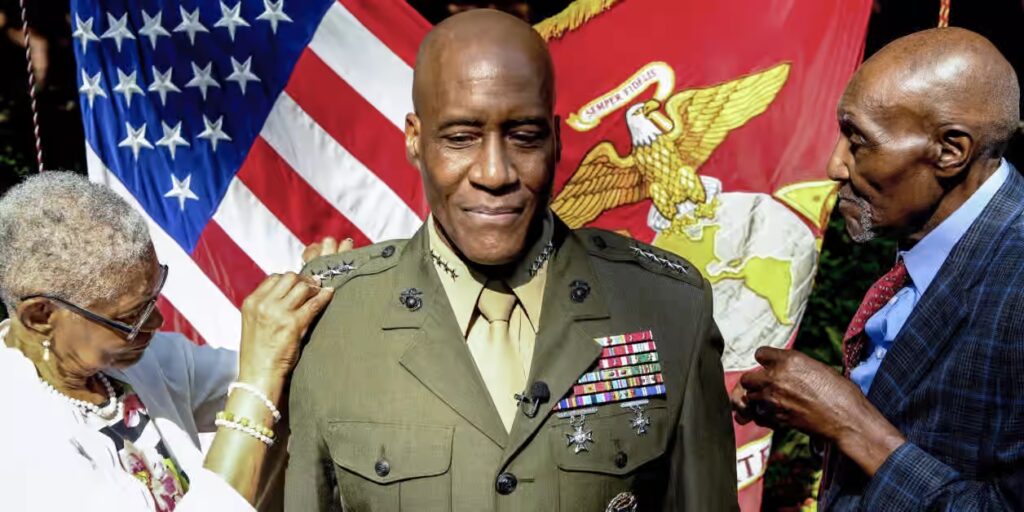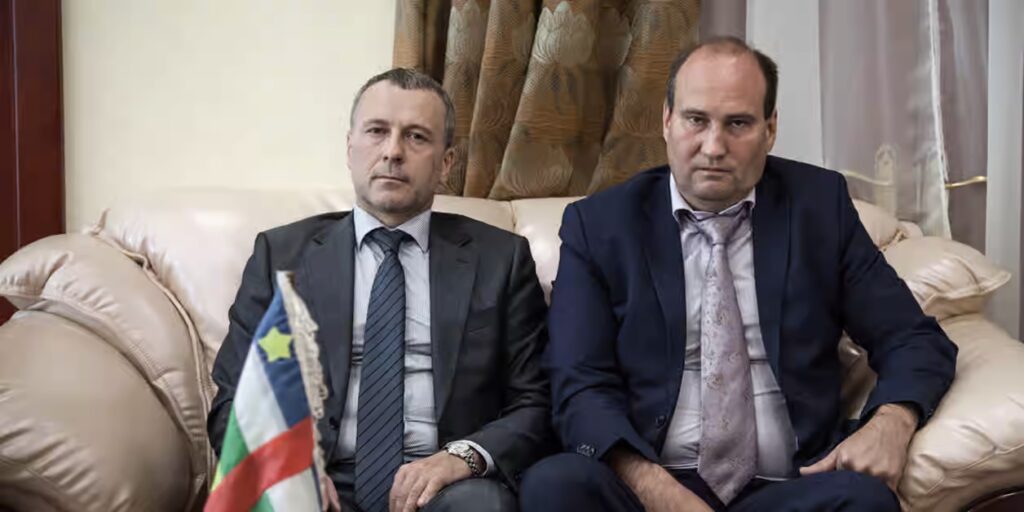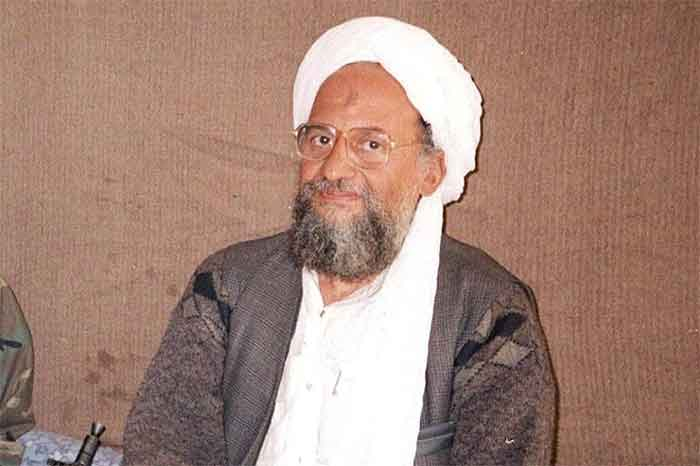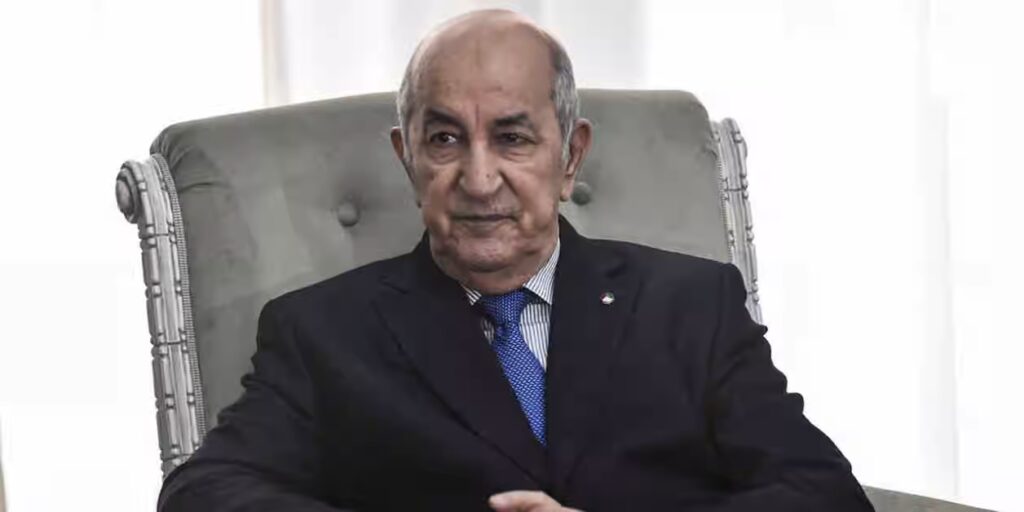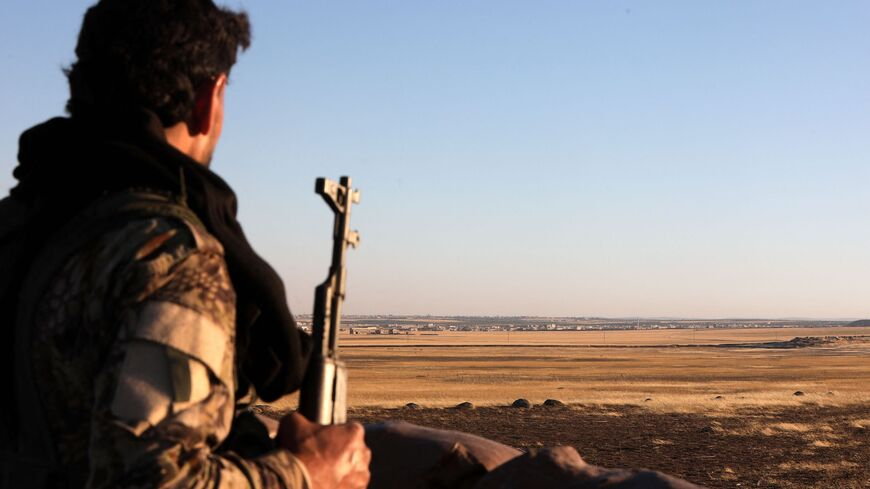RDC: des miliciens maï-maï attaquent la base de la Monusco à Butembo

Théâtre fin juillet de violentes manifestations contre les casques bleus de la Monusco, la ville de Butembo, dans l’est de la République démocratique du Congo, a été attaquée ce mardi 23 août par des miliciens issus des Maï-Maï.
Les hommes armés s’en sont pris à un site de la force onusienne, dont le personnel a été redéployé à l’extérieur de la ville. L’armée congolaise a riposté, tuant deux assaillants et en capturant quatre autres, lors des échanges des tirs survenus dans un quartier populaire de Butembo.

